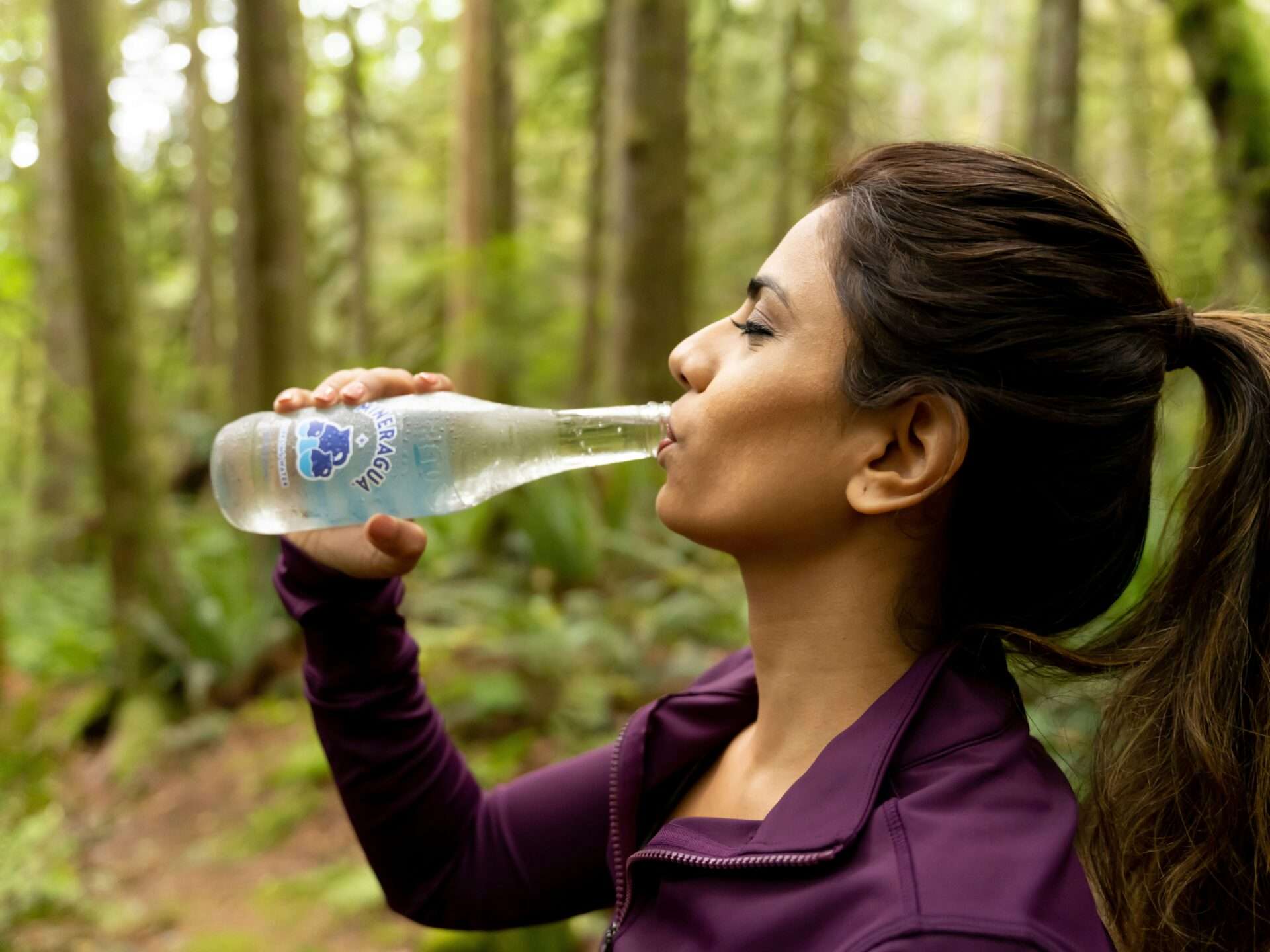The Science of Hydration for Peak Performance
Proper hydration serves as the foundation for athletic success, impacting every aspect of physical performance from energy production to cognitive function. This guide explores evidence-based hydration strategies to maximize your workout results.
Core Hydration Principles
- Water regulates body temperature and lubricates joints during exercise
- Electrolyte balance maintains muscle function and nerve signaling
- Optimal hydration accelerates post-workout recovery
- Fluid needs vary by exercise intensity, duration, and environment
Hydration’s Impact on Exercise Performance
Physiological Roles of Water
Water performs several critical functions during physical activity:
| Function | Impact on Performance |
|---|---|
| Thermoregulation | Maintains safe core temperature through sweating |
| Nutrient Transport | Delivers glucose and oxygen to working muscles |
| Waste Removal | Flushes lactic acid and metabolic byproducts |
Dehydration Warning Signs
Recognize these indicators of inadequate hydration:
- Dark yellow urine (ideally should be pale straw color)
- Persistent muscle cramps during exercise
- Unexpected fatigue or dizziness
- Headache during/after workout
Strategic Hydration Protocols
Pre-Workout Hydration
- 16-20 oz water 2-3 hours before exercise
- 8-10 oz water 20-30 minutes pre-workout
- Consider electrolyte drink for sessions >60 minutes
During Exercise
- 4-6 oz every 15-20 minutes for moderate intensity
- 6-8 oz every 15 minutes for high intensity/heat
- Sports drink for activities lasting >90 minutes
Post-Workout Rehydration
Effective recovery hydration includes:
- 16-24 oz water per pound lost during exercise
- Electrolyte replacement for sweaty sessions
- Protein shake with water to support muscle repair
Special Considerations
Hydration for Muscle Growth
Water supports hypertrophy through:
- Facilitating protein synthesis
- Maintaining cell volume for anabolic signaling
- Supporting glycogen replenishment
Exercise in Extreme Conditions
Adjust hydration for:
| Environment | Adjustment |
|---|---|
| Heat/Humidity | Increase fluid intake by 25-50% |
| Altitude | Add 1-1.5L daily to combat respiratory losses |
Hydration Technology
Monitoring Tools
- Smart water bottles with intake tracking
- Wearable sweat rate sensors
- Urine color charts for self-assessment
Advanced Rehydration
Emerging hydration solutions:
- Nanofiltered electrolyte formulas
- pH-balanced sports drinks
- Oral rehydration salts for intense training
Hydration FAQs
How much water should I drink daily?
Base requirement: 0.5-1 oz per pound of body weight, adjusted for activity level.
Are sports drinks necessary?
Only for intense exercise >60 minutes or excessive sweating.
Can I overhydrate?
Yes – hyponatremia is dangerous. Drink to thirst during exercise.
Best hydration strategy for weight loss?
Prioritize water, time intake with meals to enhance satiety.
Do caffeinated drinks dehydrate?
Moderate caffeine has minimal diuretic effect in regular consumers.



